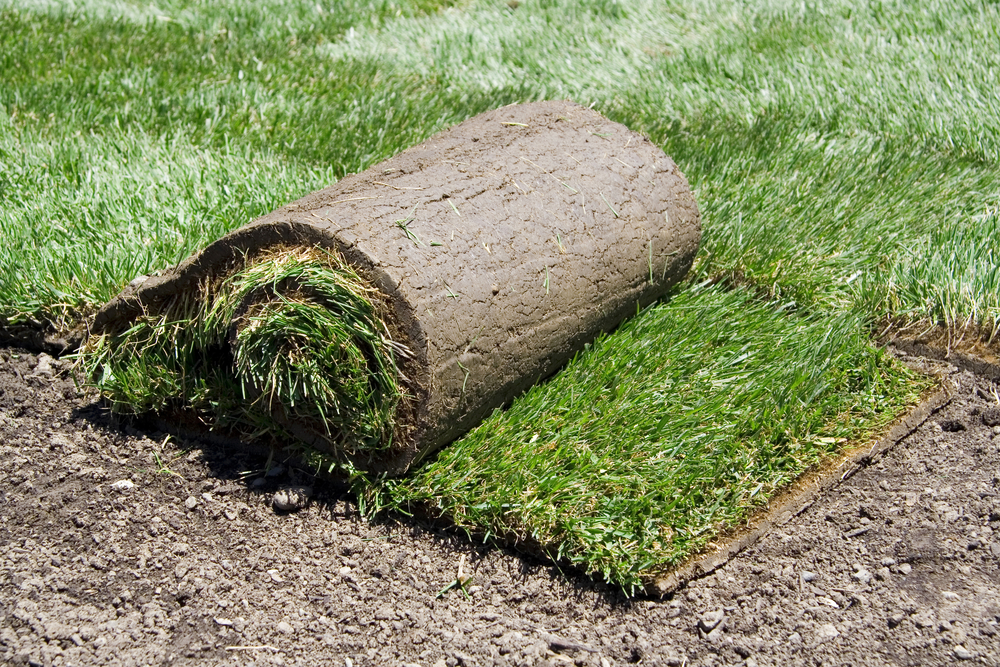The Different Grass Types
Selecting the right grass for your farm, estate, or sports field is crucial for achieving not only aesthetic appeal but also practical functionality. In South Africa, with its diverse climates and soil types, understanding the various grass varieties available can be an overwhelming task. However, by considering the specific needs of your land and intended use, you can make an informed choice that promotes healthy growth, resilience, and enjoyment.
Understanding grass types
When choosing grass, it’s important to understand the different types available. Common varieties in South Africa include Kikuyu, Buffalo, and Perennial Ryegrass. Kikuyu, for example, is a robust option popular for both livestock grazing and sports fields. It thrives in warmer climates and is known for its quick establishment, making it ideal if you need a fast cover.
Conversely, Buffalo grass offers a softer texture and is well-suited for residential gardens and estates. Its drought-resistant properties make it an excellent choice for water-scarce areas, simplifying maintenance and reducing costs in the long run.
Perennial Ryegrass, on the other hand, is favoured for its lush green appearance and quick germination. This variety is most suitable for sports fields where a rich, green cover is desired, especially in cooler, wetter areas of the country. Knowing these distinctions can significantly impact your decision-making process.
Matching grass to soil types
Once you’ve considered the various grass types, the next step is to assess your soil. South African soils vary widely, ranging from sandy to clay-rich. Conducting a simple soil test can provide valuable insight into your soil’s pH, nutrient levels, and texture.
For instance, sandy soils drain quickly, favouring grass types like Kikuyu that can withstand occasional dryness. On the other hand, clay soils may retain moisture, which is better suited for grasses that can handle wetter conditions, such as Buffalo. The compatibility of grass varieties with your soil not only affects growth but also influences management practices, saving you time and money in the long run.
Climate considerations
South Africa’s climate is diverse, with regions experiencing varying temperatures, rainfall, and humidity levels. It’s essential to select grasses that will thrive in your local climate. For example, temperate regions may benefit from Perennial Ryegrass, while warmer areas might be better suited to drought-tolerant varieties like Kikuyu or Bermuda.
Pay close attention to the specific climate conditions of your location, including the seasonal changes. Selecting the right grass for your climate ensures that your lawn, field, or pasture will flourish without unnecessary stress, leading to a more sustainable and aesthetically pleasing environment.
Maintenance needs
Another critical factor to consider is the level of maintenance you can provide. Some grass varieties are low-maintenance, requiring less frequent mowing and less watering, while others may need regular fertilisation and pest control.
If your objective is to have a lush green estate with minimal effort, consider grasses like Buffalo, which require less regular upkeep than their more demanding counterparts. On the other hand, sports fields will need higher maintenance, including aeration and overseeding of faster-growing grasses like Perennial Ryegrass, to maintain optimal playing conditions.
Intended use
Ultimately, the intended use of your space will play a pivotal role in your grass selection process. For agrarian purposes such as livestock grazing, opting for a hardy variety like Kikuyu will promote animal health and pasture sustainability.
If landscaping for aesthetic appeal is your goal, focus on grasses that provide a more refined look, such as Buffalo grass, which can complement garden arrangements beautifully. For sports fields, durability and resilience are paramount, directing you toward grasses like Perennial Ryegrass that can withstand heavy foot traffic.
Conclusion:
Choosing the best grass for your farm, estate, or sports field requires a thoughtful consideration of various factors, including grass types, soil type, climate, maintenance demands, and intended use. By understanding these elements and consulting local experts, such as Anton Lombaard Boerdery, you can cultivate a vibrant and functional space that meets your specific needs. After all, the right grass not only enhances the beauty of your land but also promotes health and productivity for years to come. For more information, chat with one of our agents.
